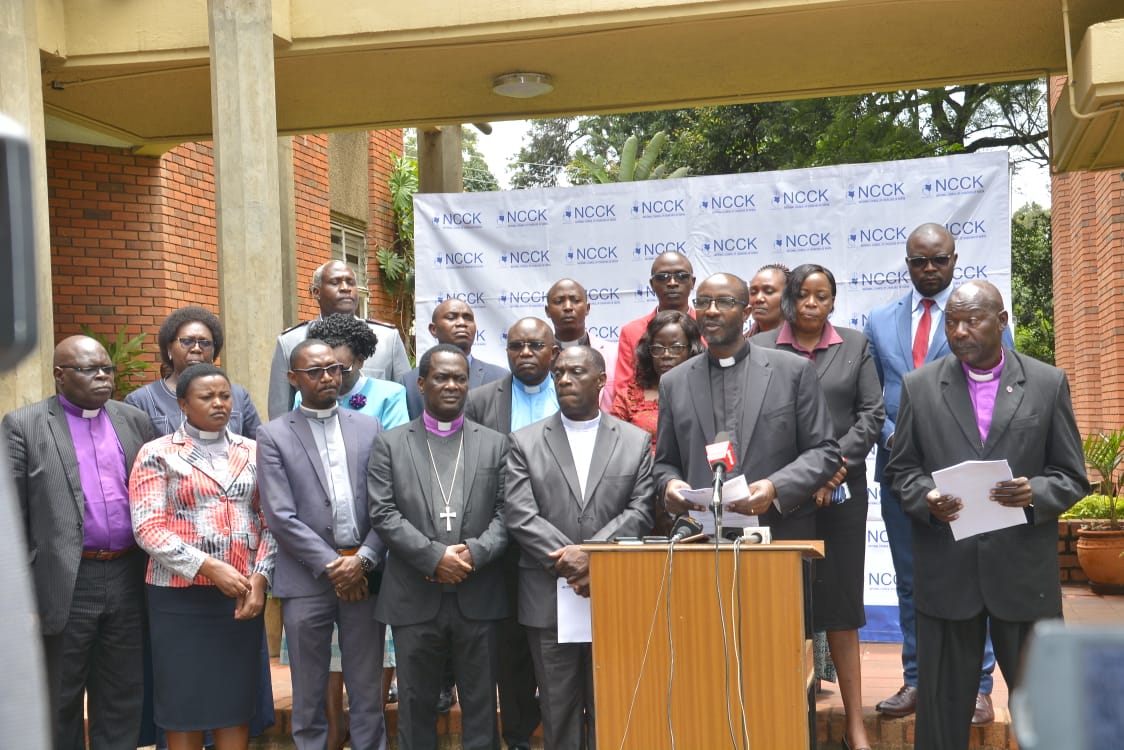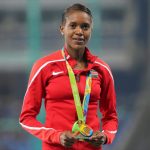The National Council of Churches of Kenya (NCCK) says the reforms stipulated under the National Dialogue Committee (NADCO) ought to be people-driven to reflect the anticipated governance and electoral reforms proposed in the report.
The Council says the report that was recently passed by Parliament and earmarked for implementation was a negotiated political compromise to a crisis in the electoral circle.
NCCK General Secretary Rev Canon Chris Kinyanjui says the country is faced with numerous challenges citing economic and health issues and called for adequate participation of the public in resolving them. He says the council is opposed to plans by Parliament to make the amendments allegedly without involving key stakeholders.
The NCCK Nairobi Region Chairman Rev. Dr. Alphonse Kanga said all sovereign power belongs to the people of Kenya and all must thus act per the constitution.
“For this reason, it is an absolute necessity that the report of the NADCO be taken to the people of Kenya for validation before it is implemented,” he said when the council addressed the press briefing at Christian Students’ Leadership Center, Ufungamano House.
He added that the people of Kenya have a basic right to know and agree with the recommendations made by NADCO, hence it would not be proper for the National Assembly to unilaterally implement decisions that radically affect the governance and electoral environment
The Council urged both the Speakers of National Assembly and Senate to have the report published and accessed by Kenyans while at the same time calling on the Justice and Legal Affairs Committee to hold sittings in the counties to receive feedback from citizens.
He said the feedback will enable the Committee to review the Parliamentary Bills attendant to the NADCO report to reflect on the people’s wishes.
Bishop Joseph Omollo, a presiding Bishop of the Evangelical Church said electoral reforms should focus on improving governance, accountability, and legitimacy by securing peaceful, free, and credible elections and improving participation and representation of the youth, women, and persons with disabilities in elective bodies.





